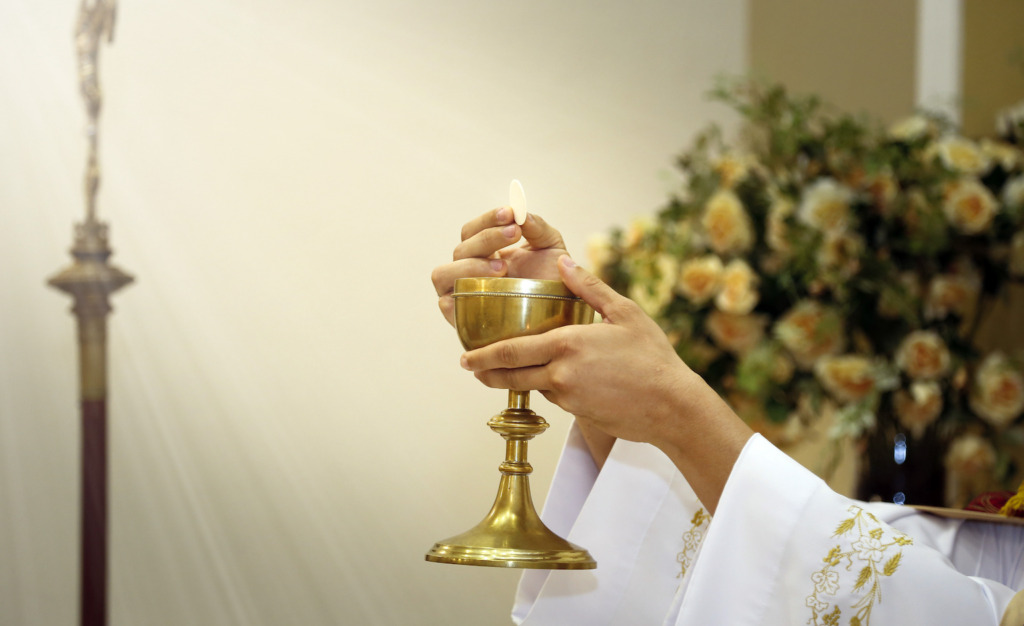It’s the time of year when pumpkins seem to be everywhere. Few vegetables — or are pumpkins considered a fruit? — are as distinctly seasonal as pumpkins. Not only do they appear on front porches as decorative items, but they entice our senses with everything from pumpkin scented candles to pumpkin pies, breads, cookies and even pumpkin chili.
Although canned pumpkin is readily available at every grocery store, I’ve discovered that nothing compares in flavor with the real thing when it comes to making pumpkin bread.
Ever since I discovered the savory excellence of using fresh pumpkin, anything less just won’t do. So, after bringing my pumpkins in from the front porch, I begin what has become a labor of love: baking, peeling, pureeing and transforming pumpkins into what has become my signature pumpkin bread.
Over the years, gifting the savory loaves to family and friends during December has become an annual ritual Admittedly, the process involves a lot more time than opening a can of packed pumpkin, but the results are well worth the extra effort. It’s what transforms the ordinary into something extraordinary, and when it comes to transforming the ordinary into the extraordinary, nothing can quite compare with the Eucharist.
The fact that I’m writing this column while also preparing a series of classes on the sacraments, it’s only natural that thoughts about giving the best we have to offer are on my mind. Not only did Jesus give us the best he had to offer, but he also gave us himself under the appearance of bread and wine.
Jesus’ gift of himself to us is more than a symbol or sign. It is his real flesh and real blood! The Son of God paid the price through his passion and death, and although none of us were present when those events took place, as Catholics, we believe that each time Mass is celebrated, Jesus offers himself to the Father for us as a most pure gift.
Jesus did and continues to do what was needed to reconcile humanity with divinity, not once, but every time the Liturgy of the Eucharist is celebrated. The celebratory and sacrificial aspects of the Last Supper and Jesus’ death on the cross are intrinsically woven into the celebration of the Eucharist because at the Last Supper, Jesus did what no other human person could do. Knowing that his passion and death were immanent, God drew the Church wholly into himself, bringing it into existence in a perfect sense.
Mystic Adrienne Von Speyer noted that Jesus seemingly stood beside himself momentarily, taking into himself the Church which was already in existence in the mind of the Father in order to generate the Church once and always from the cross.
“This taking her [the Church] back into himself keeps the Lord’s office alive. He alone is high priest on the cross through whom everything that is official in the Church can receive life and bear fruit” (Adrienne Von Speyer, “The Passion Within”).
Jesus’ celebration of the Eucharist in anticipation of his passion and death served as a bridge from the Old to the New Covenant. Therefore, the Church can suffer together with Christ because she has already received his body, which already lives in her. It truly is the gift that keeps on giving.
These are difficult concepts to understand, and although we will never fully understand all that we are called to accept on faith, we can come to a deeper appreciation for the gift that God has given us in the Eucharist by drawing from our human experiences.
Using the analogy of gifting that involves time, effort and sacrifice as a more meaningful expression of love may seem rather simplistic and homey by comparison with the self-giving of Jesus on the cross. However, reflecting on our lived human experiences offers a glimpse into the transcendent mysteries of God, which we are called not only to believe, but into which we enter.
Jesus enters us as spiritual food so that we can enter into him. Nothing in this life can nourish us as completely as partaking of the bread that truly is a holy Communion because only God can satisfy our deepest hunger for wholeness. It was Jesus who taught us to pray, “Give us this day our daily bread.”
Even if we are not able to receive Eucharist daily, we can make a spiritual Communion often throughout the day because God’s self-giving cannot be limited by human boundaries of time or place. And so we pray, “Come, Lord Jesus!”

